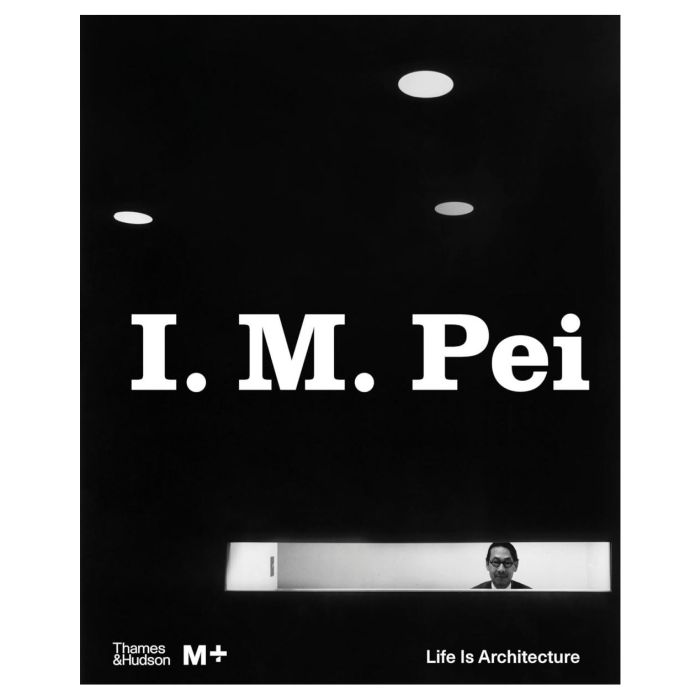My Cart
Your cart is empty
Looks like you haven't made your choice yet.
- Subtotal
I. M. Pei

Life Is Architecture
- Thames & Hudson
- Shirley Surya, Aric Chen
More Information
| Publisher | Thames & Hudson |
|---|---|
| ISBN | 9780500481028 |
| Author(s) | Shirley Surya, Aric Chen |
| Publication date | July 2024 |
| Edition | Hardback |
| Dimensions | 300 x 240 mm |
| Illustrations | 500 col. & bw ill. |
| Pages | 400 |
| Language(s) | English ed. |
Description
The story of internationally renowned architect I. M. Pei’s life and work, including such instantly recognisable buildings as the glass pyramid at the Louvre, Paris, and the National Gallery of Art's extension in Washington, D.C.
When Chinese-American architect I. M. Pei died in 2019, the New York writer and critic Paul Goldberger said it was ‘the end of an architectural era’. And yet Pei – one of the most prominent architects of the 20th century whose instantly recognisable buildings include the glass pyramid at the Louvre, Paris; the extension to the National Gallery of Art, Washington, D.C.; the Museum of Islamic Art, Doha, Qatar; and the Bank of China tower, Hong Kong – remains a remote figure in the architectural canon. By exploring the architect’s iconic and lesser-known projects through new photography, a series of specially commissioned essays and previously unpublished archival material, I. M. Pei: Life is Architecture uncovers revelations about power, politics, race and transcultural identity that resonate ever more strongly in today's complex, transglobal world.
I. M. Pei (1917–2019) was born in Ghougnzhou, raised in Shanghai and educated at Harvard. Unlike most architectural monographs, I. M. Pei: Life is Architecture goes beyond the usual building-by-building mix of building photographs and plans. Instead, the book is organized around six thematic chapters that deal with issues such as urban renewal, art and civic form, material and structural innovation, and power, politics and patronage. This book also explores transcultural identity – a significant issue that characterized Pei’s unique practice and that continues to resonate with the complexity and diversity that define architectural practice today. Through a narrative of hitherto unpublished archival material, new photography, specially commissioned essays, and brief commentaries by scholars, influential practitioners and Pei’s closest collaborators, this book presents the unknown Pei and tells the story of a master whose buildings dazzle the world.

I. M. Pei
